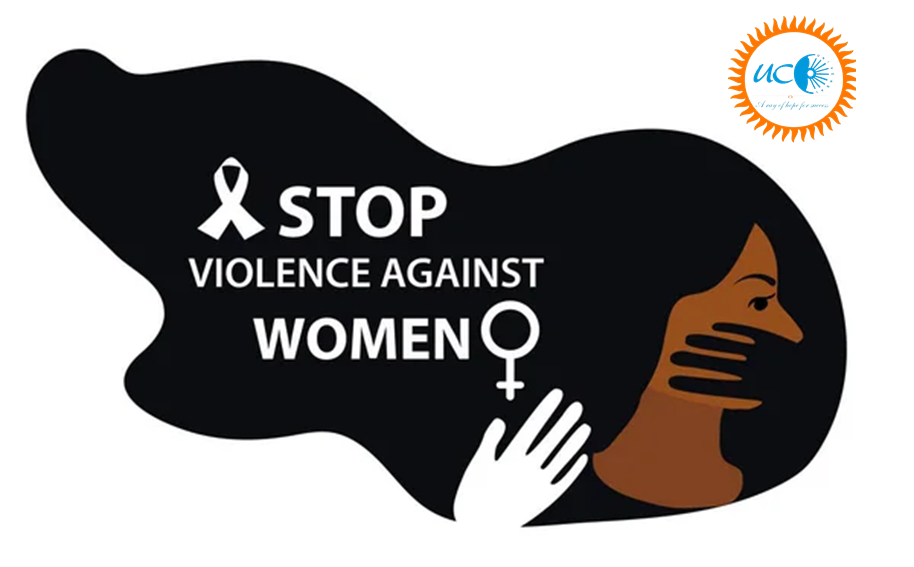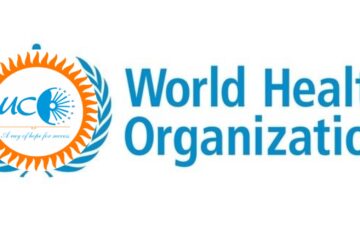Case Studies
The police received information about a brothel being operated in one of the hotels of the city. Police raided the hotel and found around twenty girls there, most of them being below eighteen years who were forced into prostitution. All the girls were sent for medical test in the district hospital. It was found that one of the girls who is a minor is eighteen weeks pregnant and she is also HIV positive. Police booked the owner of the hotel and sealed the premises. A lookout notice was published for all the others involved in the sex racket. Also, an FIR was filed implicating the owner of the hotel and others involved. Since majority of the girls were minor and they were unable to give exact details about their parents, the rescued girls were sent to the care of an NGO for the time being. When the warden of the hostel informed the minor girl about her pregnancy and HIV status, the girl stated that it was the result of forceful sex and she wants to terminate it. The process for termination of pregnancy for rape victims is time consuming as it is necessary to bring along the FIR, and for teenage victim complaint under POCSO act is also needed. It is notable that aborting a foetus is very difficult after it is twenty-four weeks old. In trying to comply with the requirements, the pregnancy of the minor girl has grown beyond the 24-week stage. With the help of the NGO, the girl submitted an application to the state authorities stating that “the child was conceived due to forceful and undesired sexual intercourse against her will that amounts to rape and she wants to terminate the pregnancy”. Her repeated requests to terminate the pregnancy have been turned down by the state authorities as after 24 weeks it is very difficult to get a foetus aborted. Indian law permits terminations after 24 weeks only on advice of a medical board under the condition that the pregnant woman’s life is in danger or the foetus has substantial abnormality. (15 Marks, 250 Words) a. What are the ethical issues involved in the above case? b. Suppose you are the head of the NGO, what are the options available with you? Suggest the best course of action that you will follow. c. Do you think, the above case involves conflict between law and morality? What will you do if you face such conflict during the course of your duty as an administrator?
Approach:
- In the introduction, characterize the larger issue at hand. List the various ethical issues related to rights of the girl, rights of the child, delay by administration, law etc.
- List the options available to you, then write a logical course of action.
- In next part examine the conflict between law and morality.
- Also mention the moral argument of law related to abortion.
- Conclude by mentioning your approach towards such issues as an administrator.
In the given case, the major conflict is between the right of the girl to her bodily autonomy and the right to life of the foetus, along with related legal, social and moral conflicts.
- Following ethical issues are involved in the case:
- There is conflict between the right of the pregnant girl over her body and the law. Under the MTP Act 2021, termination of pregnancy for period beyond 24 weeks is allowed only if there is threat to life of woman or in case of substantial foetal abnormalities.
- There is conflict between rights of a woman to dignified life and the right to life of the foetus.
- The case highlights the failure of state in delivering justice as the due process of the law is time consuming leading to pregnancy advancing beyond the legally permissible stage of 24-weeks for abortion for a rapevictim.
- There is also the issue of abrogation of the girl’s free will by the circumstances of her being a teenager, being HIV positive, having been subjected to forced sex and social stigma.
- As head of the NGO, following options are available to me:
- I will coordinate with the medical board of the state as required under the MTP Act to get the girl examined for medical opinion. There is possibility that the medical board would decide in favour of abortion, considering the HIV positive status of the mother which makes her health precarious.
- I will give written representation to the state government on behalf of the girl delineating the peculiar case and the reasons that have resulted in delay causing the pregnancy to cross 24 weeks’ time.
- This action is not permissible under MTP Act, but given the facts of denial of justice due to procedural delays it is incumbent upon the government to give special consideration to the case beyond the ambit of law.
- I will approach the HC to get the exemption for this particular case.
A justified course of action would follow the above listed measures in succession. If the court, as the final arbiter of justice gives favourable judgement, it could be used in similar cases in future as well. The court can also possibly direct government to streamline the process for such circumstances to avoid procedural injustice. However, if the court denies abortion, then I will take care of the girl, ensure safe institutional delivery of child and then arrange for the transfer of child to a foster home. This way, the child may get adopted and have a normal life in future. Further, the girl will not be burdened with responsibility of taking care of unwanted child.
- c) Morality is the standard of right and wrong behaviour. It has no legal sanction and may differ person to person. Further, it depends upon the purpose of action, its consequences and the circumstances. Law is objective in its approach with clear guidelines applicable to all citizens uniformly. In the given case, there is conflict between the moral right of the girl over her bodily autonomy and the MTP Act 2021.
Moreover, not allowing the abortion implies forcing a teenage girl to carry the child despite her wish to get it terminated. However, the law is also backed by public morality legitimised through parliamentary democracy.
The law’s restriction on abortion recognises the moral right of the foetus, ensures protection for the pregnant women against unsafe abortions under social pressure. The law has to be followed in letter and spirit, even though it can be challenged in court. If the court decides as per the merits of a case, there can be reasonable exceptions to the law. If I face any such conflict during my duty as an administrator, I will try to make sure there are no procedural delays, while the due process of law is carried out. If need arises, I will bring any practical deficiency to the notice of the competent authorities.










